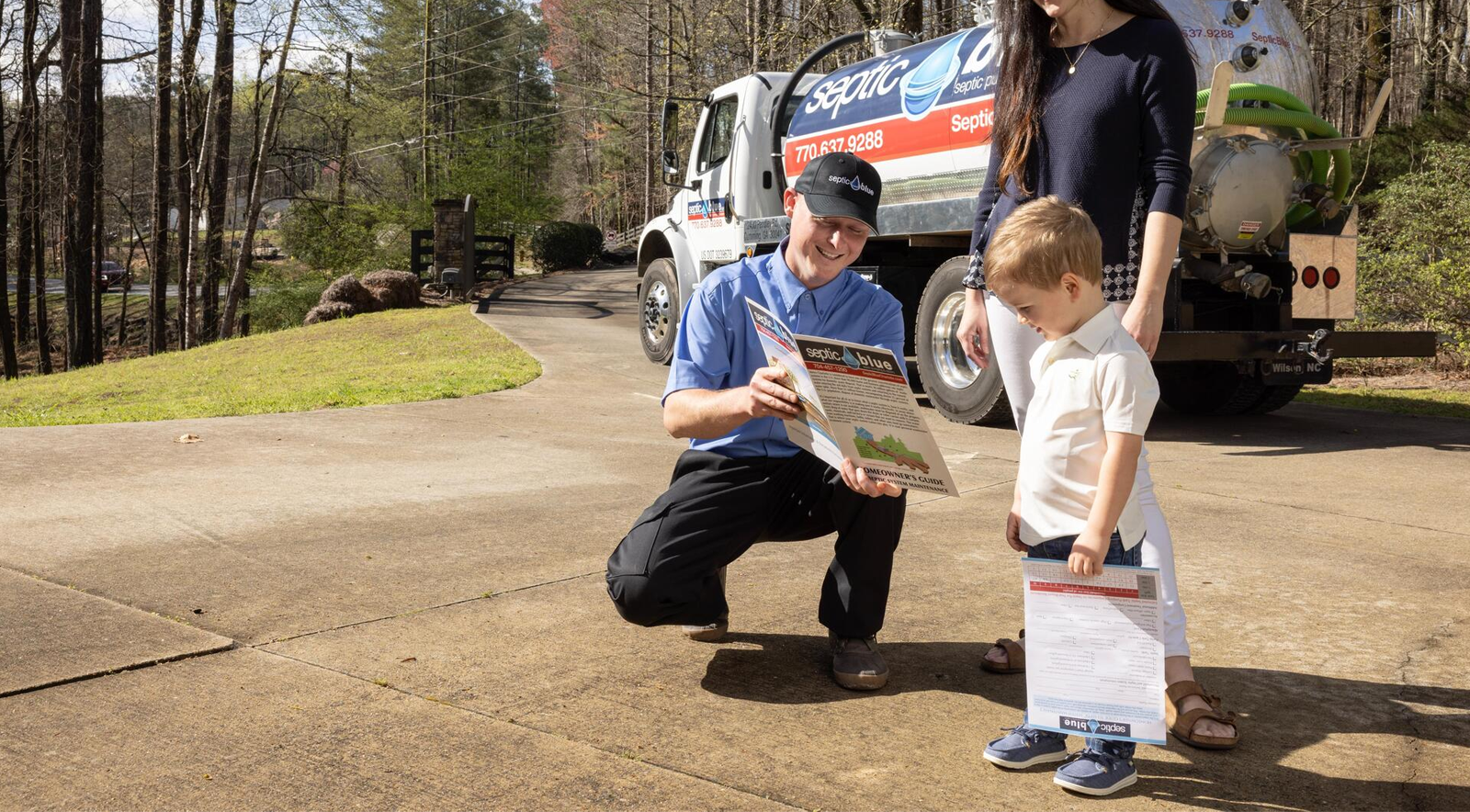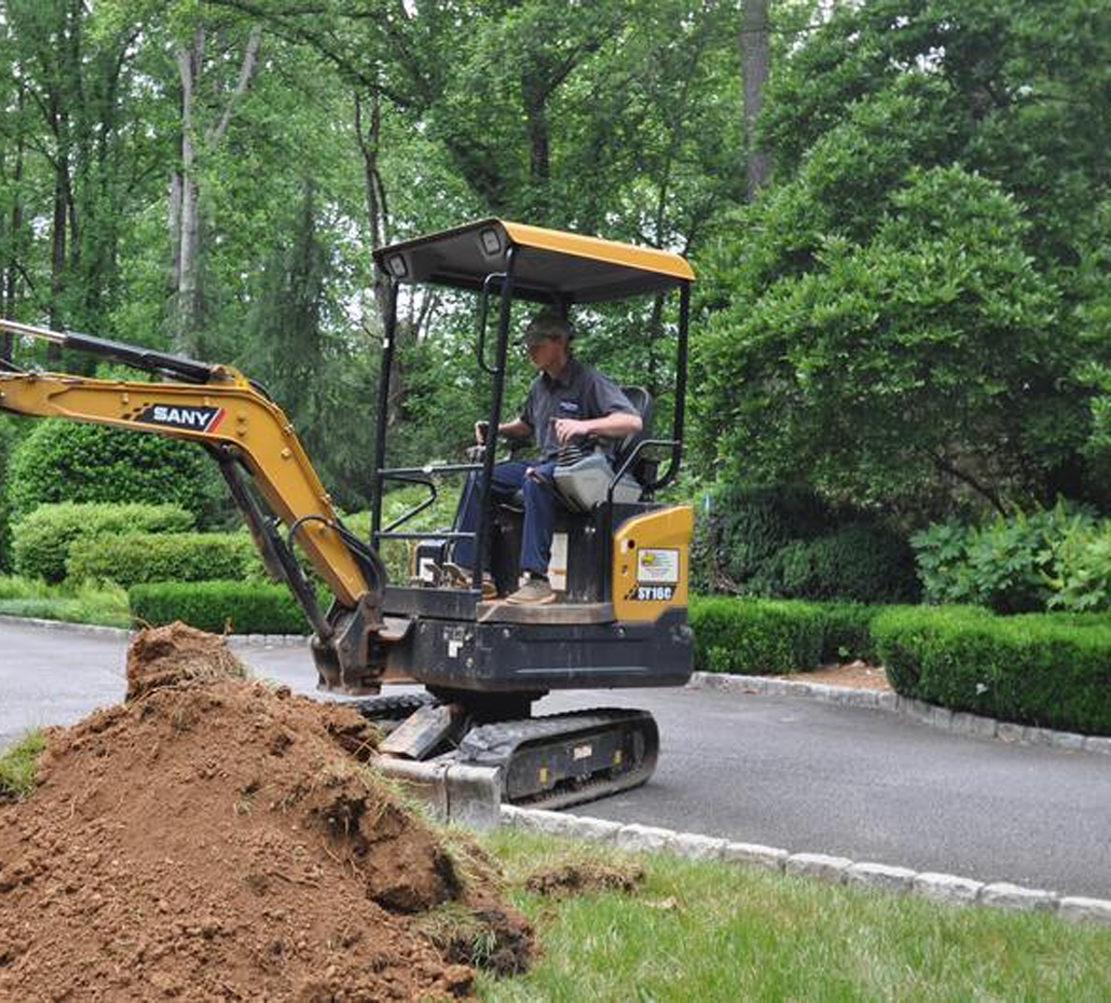Some products claim to boost bacterial activity, but many aren’t necessary if your system is working well. Regular pumping is more important than additives for system health.
Interest Free Financing Up To 36 Months
WE DO NOT ONLY PUMP YOUR TANK - WE CLEAN IT!
Multiple Financing Options Are Available Up To 36 Months


